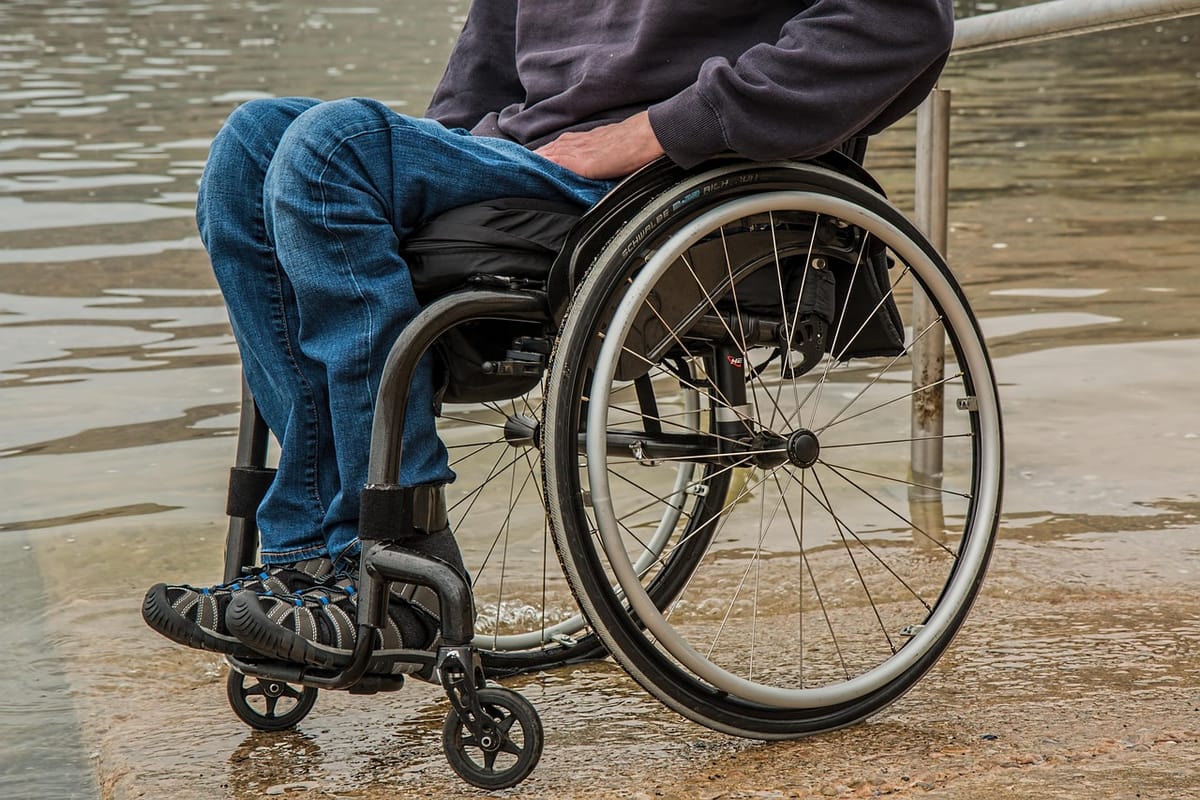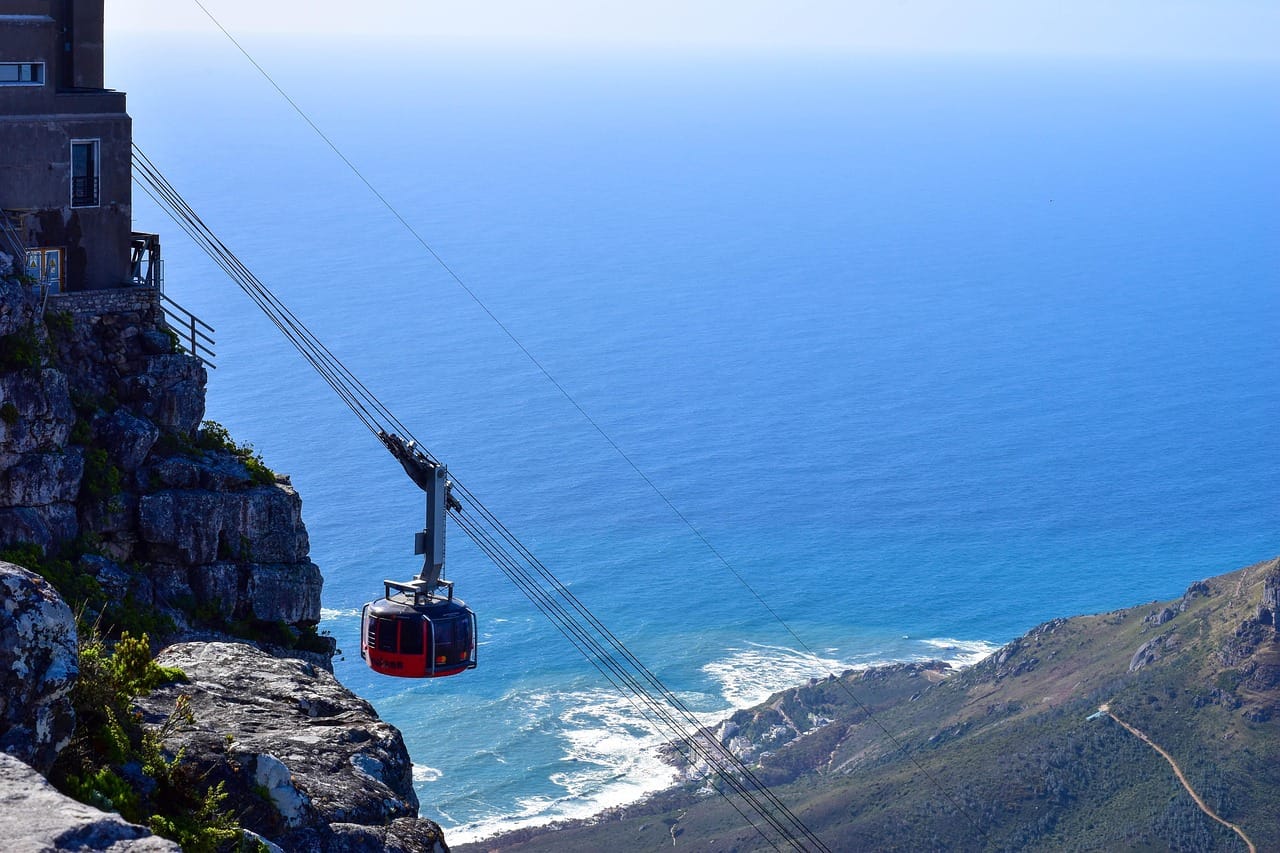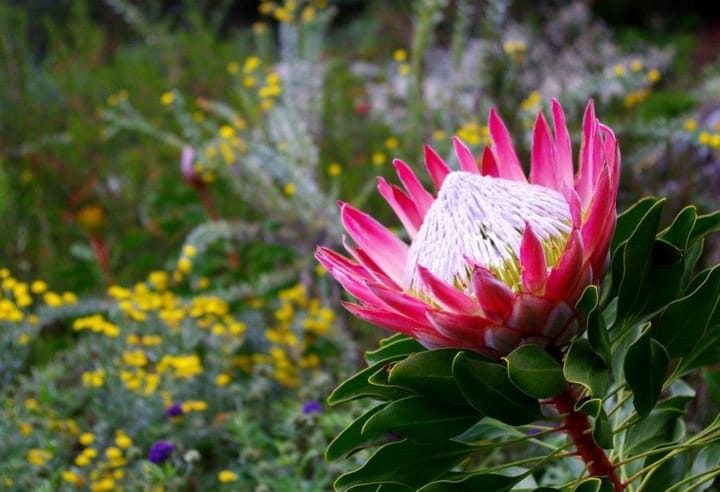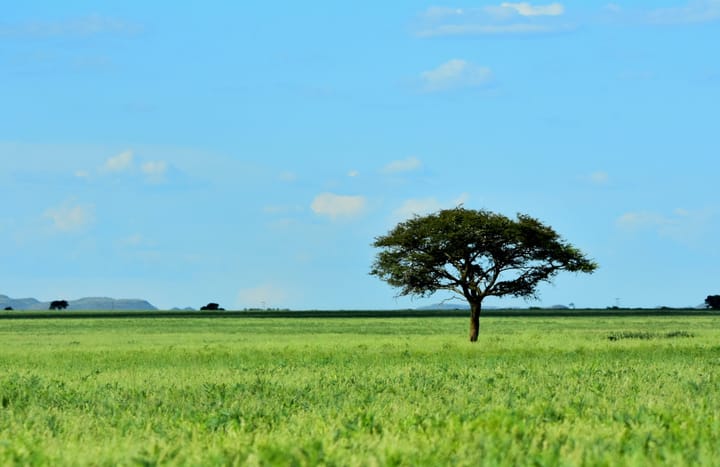Wheelchair-friendly destinations and travel methods in South Africa
South Africa is a country where every traveller can find their adventure, from Cape Town's wheelchair-friendly attractions, to Kruger's adapted safari experiences.

South Africa, with its diverse landscapes and rich cultural tapestry, is increasingly becoming a beacon for accessible travel. From the sun-kissed shores of Cape Town to the untamed wilds of Kruger National Park, the region offers a plethora of experiences tailored for wheelchair users.
Let us search for some wheelchair-friendly destinations and travel methods across Southern Africa, ensuring that every traveller can partake in the continent's wonders.
Cape Town is a city of accessible adventures
Cape Town stands as a testament to inclusive tourism. The iconic Table Mountain, a UNESCO World Heritage Site, offers a fully accessible experience via the Table Mountain Aerial Cableway. The cable car's spacious design accommodates wheelchairs, providing panoramic views of the city and the Atlantic coastline.

Once atop, the summit boasts paved pathways, allowing visitors to explore the natural beauty without hindrance.
Beyond the mountain, the city's attractions are equally accommodating. The V&A Waterfront, a bustling hub of shops, restaurants, and cultural sites, is designed with accessibility in mind. Wide walkways, ramps, and accessible restrooms ensure a comfortable visit.
For those keen on history, Robben Island, where Nelson Mandela was imprisoned, offers wheelchair-accessible tours, providing a poignant glimpse into South Africa's past.
A safari for all in Kruger National Park
Kruger National Park, one of Africa's largest game reserves, has made significant strides in accommodating travellers with mobility challenges. The park offers specially adapted safari vehicles equipped with ramps and hydraulic lifts, ensuring that wheelchair users can embark on game drives to witness the Big Five in their natural habitat.
Accommodation within the park is also tailored for accessibility. Most rest camps feature at least a few wheelchair-accessible bungalows, complete with roll-in showers and wide doorways. The camps’ restaurants and shops are also wheelchair-friendly, ensuring that all amenities are within easy reach.
Luxury meets accessibility in Madikwe Game Reserve
Madikwe Game Reserve, located in the North West Province, is another gem for accessible safari enthusiasts. Several lodges within the reserve offer wheelchair-friendly accommodations, where spacious corridors, wide doorways, and no steps allow for full access throughout.
These lodges also provide adapted safari vehicles, ensuring that all guests can enjoy the thrill of a game drive.
Durban, a city with coastal charm and inclusive transport
Durban, with its golden beaches and warm Indian Ocean waters, is a haven for those seeking a coastal retreat. The Durban People Mover, a tourist-oriented bus service, operates within the central business district and along the beachfront.
These brightly coloured buses are equipped with ramps for easy wheelchair access, and the friendly staff are always on hand to assist passengers.
The city's beachfront promenade is another highlight. Paved pathways stretch along the coast, offering stunning views of the ocean and easy access to various attractions, including uShaka Marine World and the Suncoast Casino.
Accessible transport options across the region
Getting around Southern Africa has become more convenient for wheelchair users. In major cities like Johannesburg, Cape Town, and Durban, several car rental companies offer vehicles equipped with wheelchair lifts and hand controls. These vehicles can be booked in advance, ensuring a seamless travel experience.
For those preferring public transport, several cities have introduced accessible options. In Johannesburg, the Rea Vaya bus rapid transit system offers low-floor buses with designated spaces for wheelchairs. Similarly, Cape Town's MyCiTi bus service provides accessible buses with ramps and priority seating for passengers with disabilities.
From the urban allure of Cape Town to the wild expanses of Kruger National Park, the region is paving the way for inclusive travel. With continued efforts and innovations, the dream of exploring Southern Africa is becoming a reality for everyone.
Room for improvement
While these adaptations represent meaningful progress, there is still a long way to go. Many smaller towns and rural areas lack basic accessibility infrastructure, and even in major cities, uneven pavements, steep curbs, and limited accessible restrooms can create barriers.
Some lodges and attractions advertise accessibility but fall short of fully accommodating mobility needs. Travellers in wheelchairs often have to plan meticulously, limiting spontaneity and potentially missing experiences that are less accessible.
It is crucial for establishments, from hotels and restaurants to national parks and transport services, to continue improving accessibility. Wider ramps, smoother pathways, better signage, and trained staff can make a tangible difference.
Making inclusivity a priority ensures that wheelchair users do not simply participate in tourism but enjoy it with the same freedom and spontaneity as any other traveller.






Comments ()